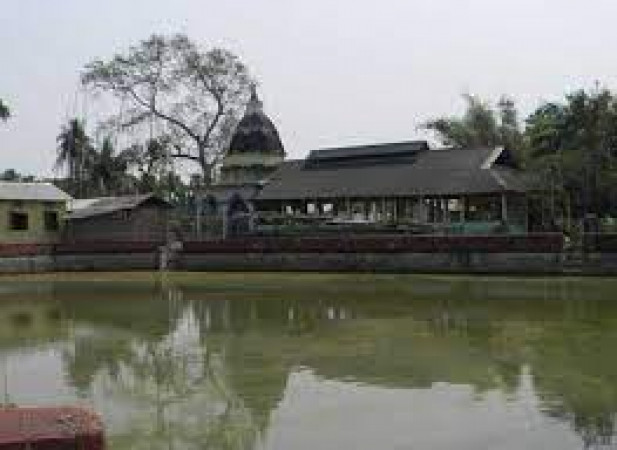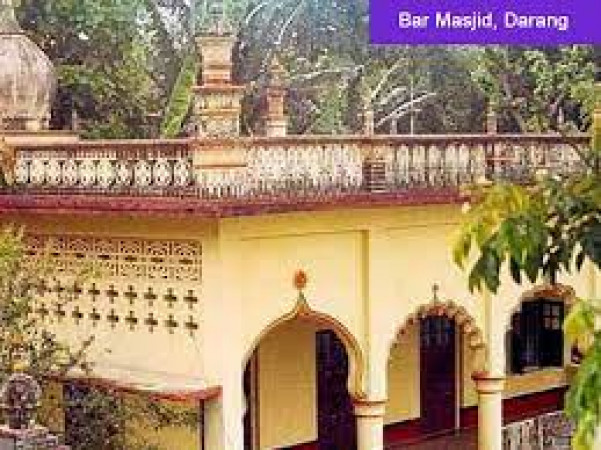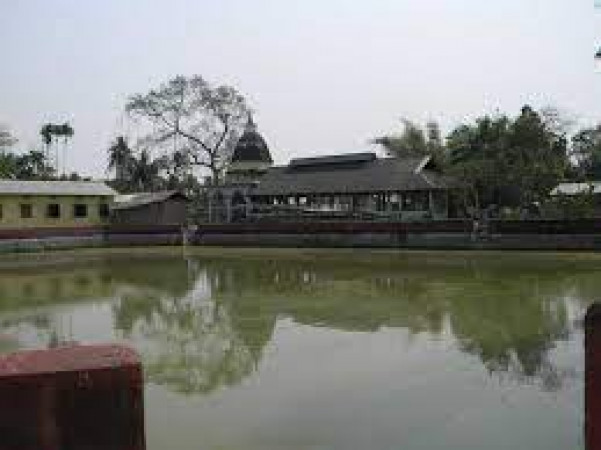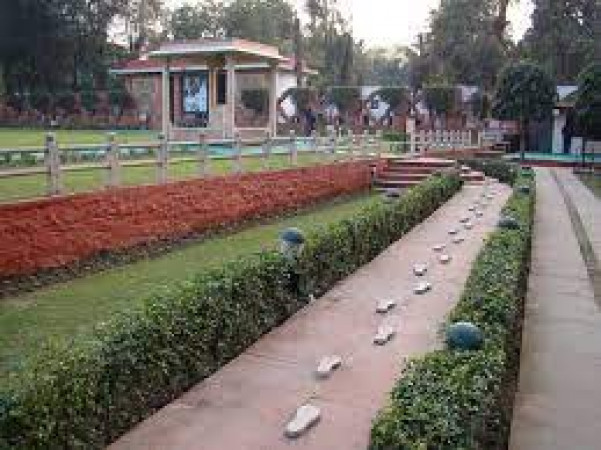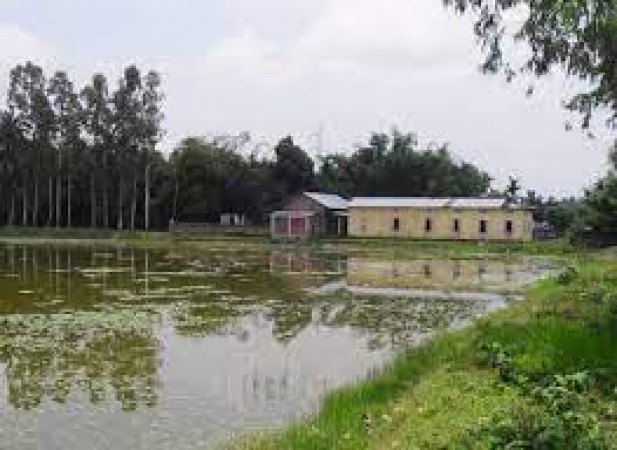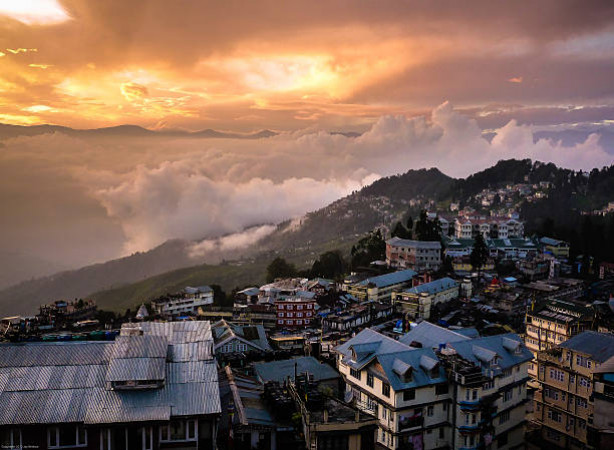
Darang
Hunli . Roing . Arunachal Pradesh . India
Package
2000 to 4000
2000 to 4000
Duration
2 to 4 Days
2 to 4 Days
Best time to visit
Oct-Jan
Oct-Jan
Theme
Hill Station, Adventure
Hill Station, Adventure
Darang Travel Guide
Darang, located in the northeastern part of India, is a mesmerizing destination known for its rich historical heritage, stunning geography, and vibrant cultural significance. The region boasts a diverse landscape with lush green valleys, snow-capped mountains, and serene rivers, making it a paradise for nature lovers and adventure enthusiasts. Darang is famous for its unique blend of indigenous tribes, each with its own distinct traditions and customs, adding to the cultural tapestry of the area.Top Attractions in Darang
- Visit the ancient Kamakhya Temple
- Explore the picturesque Umiam Lake
- Experience the living root bridges in Cherrapunji
- Trek to the Nohkalikai Waterfalls
- Discover the Mawlynnong Village, Asia's cleanest village
Darang is Famous for
Natural beauty and vibrant indigenous culture.Top Attractions in Darang
- Explore the living root bridges in Cherrapunji
- Visit the Kamakhya Temple in Guwahati
- Discover the cleanest village in Asia, Mawlynnong
- Experience the unique culture of the Khasi tribe
- Trek to the Nohsngithiang Falls in Mawsmai
What's Great about Travelling to Darang?
- Experience the rich cultural heritage of indigenous tribes
- Explore breathtaking natural landscapes
- Enjoy adventurous activities like trekking and river rafting
What's Not So Great about Travelling Darang?
- Limited transportation options within the region
- Weather can be unpredictable, especially during the monsoon season
- Some areas may not have modern amenities
Travel Tips for Darang
- Check visa requirements before traveling
- Book accommodations in advance, especially during peak tourist seasons
- Respect the local customs and traditions
Important Darang trip information
- Ideal Duration: A week to explore the region thoroughly
- Best Time to Visit: October to May for pleasant weather
- Nearby Airports and Railway Stations: Lokpriya Gopinath Bordoloi International Airport in Guwahati and Guwahati Railway Station
Top 11 Places to visit in Darang
FAQ's on Darang
Q1: What is the best time to visit Darang?
The best time to visit Darang is during the dry season from November to February when the weather is cooler and more comfortable for exploring. This period also coincides with many cultural festivals and events, providing a vibrant experience for tourists.
Q2: Do I need a visa to travel to Darang?
Most visitors to Darang will need a visa to enter the country. However, some nationalities may be eligible for visa-on-arrival or visa-free entry for a limited period. It is advisable to check the specific visa requirements based on your nationality before traveling.
Q3: What are the must-visit attractions in Darang?
Darang boasts a rich cultural heritage and stunning natural landscapes. Must-visit attractions include the historic Darang Palace, the picturesque Darang National Park, and the vibrant markets of Darang City.
Q4: Is Darang a safe place to travel?
Darang is generally a safe destination for travelers. However, it is recommended to exercise caution in crowded areas and be aware of your surroundings. Avoiding demonstrations and respecting local customs will contribute to a safe travel experience.
Q5: What is the local currency in Darang and can I use credit cards?
The local currency in Darang is the Darangian . While credit cards are accepted in larger establishments and hotels, it is advisable to carry cash for smaller vendors and local markets. ATMs are widely available in urban areas.
Q6: What is the local cuisine like in Darang?
Darangian cuisine is diverse and flavorful, with influences from neighboring countries. Popular dishes include spicy curries, grilled meats, and aromatic rice dishes. Vegetarian options are also widely available, catering to different dietary preferences.
Q7: What transportation options are available in Darang?
Transportation options in Darang include public buses, taxis, and rental cars. Public buses are a cost-effective way to travel between cities, while taxis provide convenient transportation within urban areas. Rental cars are ideal for exploring remote regions.
Q8: Are there any cultural norms or etiquette I should be aware of when visiting Darang?
Visitors to Darang should respect local customs such as removing shoes before entering homes or temples, dressing modestly, and avoiding public displays of affection. It is also customary to greet elders with respect and participate in cultural traditions with an open mind.
Q9: I am a travel agent. How can I buy travel leads of Darang?
Register yourself as a travel agent at agents.tripclap.com and then you can buy travel leads to Darang once your account is approved. For more details contact our support team at +91-8069186564 or support@tripclap.com
